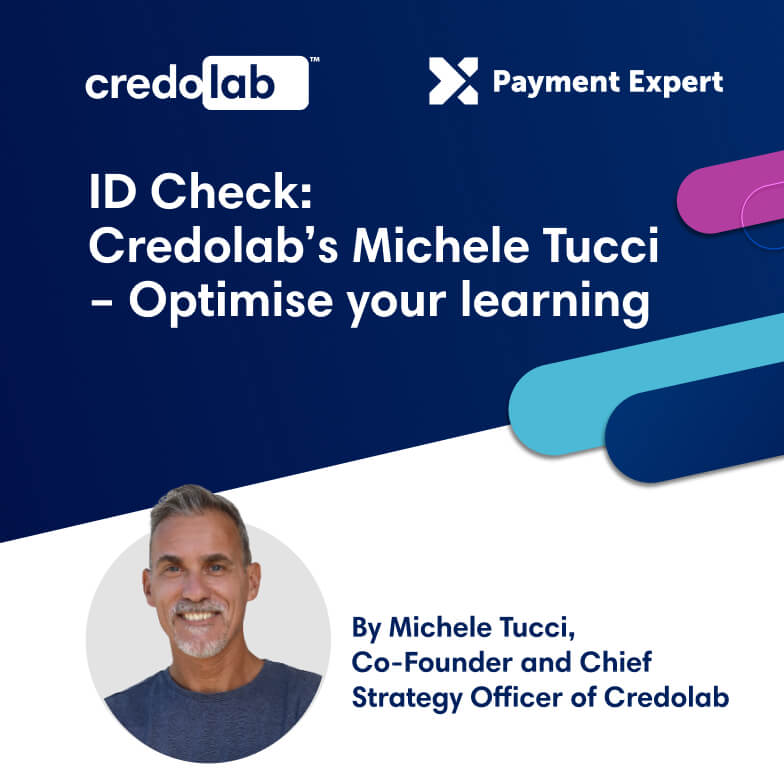News
Nov 13, 2017
Alternative Credit Scoring: Banking for the Unbanked
Most people in the developed world went through a “credit building” phase in their lives, but 4.5 billion people around the world have little or no credit history.
Subscribe to our newsletter
Traditionally credit is extended to people based on a credit score. Banks, credit card companies and other financial institutions will assess creditworthiness based on repayment histories and other financial benchmarks held by credit bureaus as well as their own internal databases. Most people in the developed world went through a “credit building” phase in their lives, but 4.5 billion people around the world have little or no credit history (source: LTP – Let’s Talk Payments, March 16, 2017).
This is a particularly big issue in the developing markets of Asia. Access to traditional banking services and most importantly credit can be extremely limited in these Asian markets. These unbanked people represent a huge opportunity for financial institutions who can successfully assess this risk.
Fintech proposes to address this challenge by developing strong and reliable alternative scoring systems. Relying on past repayment history comes with its own set of issues, as many financial institutions say frequently:
“Past performance is not a predictor of future results”
Fintech: Innovative Approaches to Credit Scoring
New approaches by Fintech companies look to rely on other sets of information to better predict human behaviour and creditworthiness. Progress in managing and analysing huge data sets makes this assessment possible. Access to big data on customers, data analytics and social media footprints can yield behavioural analytics that lead to positive lending decisions.
Why are these alternative approaches needed especially in the developing Asian markets? Traditional banking institutions have always struggled to extend their footprint to remote areas. It is expensive to set up and maintain remote branch locations serving low impact customers. Consequently, these people are generally unbanked, operate in the cash economy and never develop a credit score. Many are good credit risks but have no way of proving that to a lender.
Additionally, this potential client base:
- Lacks access to financial services but in many cases are moving into the middle class making them a good target customer.
- Lacks the resources to get to the nearest bank branch. It may be a day trip or more to get to the nearest bank branch.
High levels of bureaucracy and paperwork inherent in the traditional banking world poses a serious challenge to this customer base. Arbitrary lending rules and criteria will in most cases disqualify this potential customer.
There is little or no financial history about the applicant as credit bureaus in these markets are immature. Banks using traditional scoring methods will find little or no financial history on these applicants and will automatically deny the loan.
The traditional credit scoring approach will not be successful for this client base, many of whom would be a very good customer. Fintech’s alternative scoring approach offers lenders an opportunity to reliably assess these customers and expand their business.
Mobile phones are proving to be one of the most important devices that have information that can be tapped to develop alternative credit scores. Mobile phone penetration globally is huge – over 100% as many people have more than one phone. In the developing markets of Asia the penetration is over 90% and the devices are used for more than just phone calls and messages.
In addition to mobile phone penetration, phones now contain a wealth of valuable information that can be analysed. Beyond calls and messaging, users are now using their mobile phone for contact lists, calendars, internet surfing and social media. All that activity provides data on people’s personalities and can be used for behavioural analytics. With the right data analytics the result is a reliable credit score. Deploying these new methods will provide significant benefits to lenders like:
- Digital technology to enable financial inclusion
- Reduce credit risk of consumer lending
- Reduce time on credit decision
- Open new client segments
- Access to huge unbanked client market
Fintech promises to make banking and financial services more available, faster, easier to understand and cheaper. But it also promises to bring banking to the unbanked. Progress in alternative credit scoring will go a long way towards addressing the credit and loan segment.
Credolab, based in Singapore, partners with banks and retail lenders to improve financial access in unbanked populations, through alternative data use and collation of mobile touch points. Get in touch to find out how Credolab can transform your credit lending capabilities.


.jpg)

